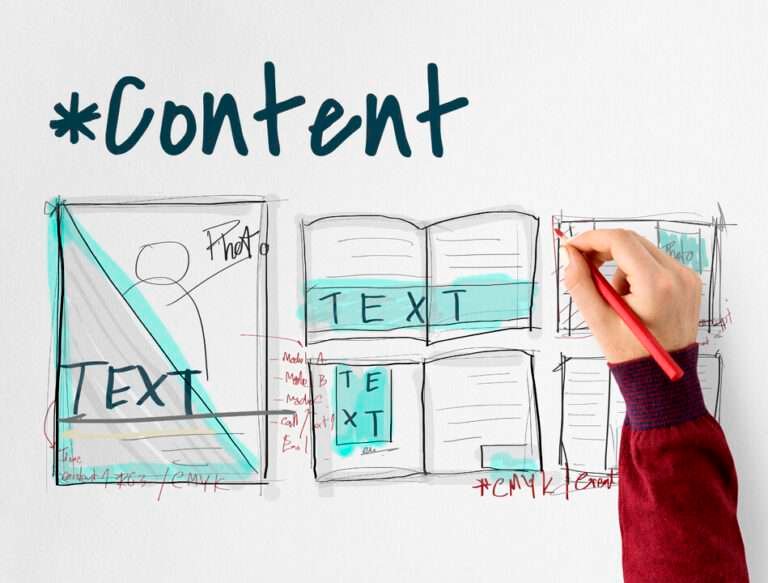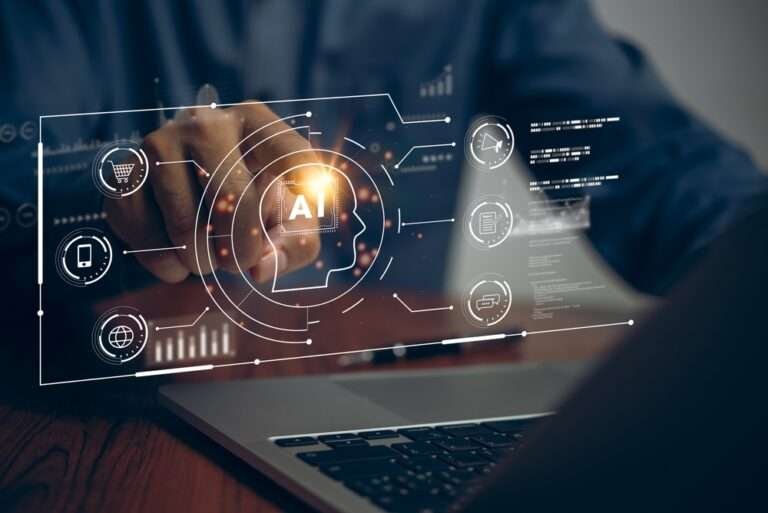The Evolution of Internet Marketing: From SEO to Social Media_2024
Introduction
Since its inception, internet marketing has undergone significant changes in tandem with advancements in technology and modifications in consumer behavior. This blog explores the development and history of internet marketing, following its path from the early days of search engine optimization (SEO) to the present, social media, personalized, and automated era.

The Early Days: The Birth of SEO
1990s: The Beginning
- Introduction of Search Engines: Google (1998) and Yahoo (1994) are two examples of search engines that first appeared in the mid-1990s. These platforms brought the idea of search engine optimization (SEO) and completely changed how people could access information.
- Keyword Stuffing: Using meta tags and keyword stuffing to trick search engine algorithms were the mainstays of early SEO tactics. In an attempt to rank higher on search engine results pages (SERPs), websites frequently sacrificed readability and user experience by stuffing keywords into their content.
The Rise of Content Marketing
2000s: Content is King
- Quality Content: As search engines developed, they started giving more weight to high-quality content than dense keyword usage. Google’s algorithm changes, such as the 2011 Panda update, penalized spammy and low-quality websites and rewarded those that offered useful information.
- Blogs and Articles: Businesses began spending money on articles and blogs in order to increase audience engagement and search engine rankings. With an emphasis on producing educational, interesting, and pertinent content, content marketing has emerged as a key component of internet marketing strategies.

The Social Media Revolution
2010s: The Social Era
- Social Media Platforms: Internet marketing underwent a revolution with the emergence of social media platforms such as Facebook (2004), Twitter (2006), LinkedIn (2003), and Instagram (2010). These platforms gave brands new ways to connect and interact directly and interactively with their target audiences.
- Influencer Marketing:Influencer marketing, in which companies team up with well-known individuals to promote their goods and services, was made possible by social media. Influencers use their reach and reputation to build genuine relationships with audiences.
Mobile and Video Marketing
Mid-2010s: Mobile-First Approach
- Mobile Optimization: The increasing number of people using smartphones has made it necessary to optimize websites and marketing campaigns for mobile. The significance of mobile-friendly content was highlighted by Google’s 2018 introduction of mobile-first indexing. Websites had to guarantee quick loading times, mobile-friendly design, and simple navigation.
- Video Content: With the advent of sites like YouTube (2005) and the incorporation of video functionality into social media platforms, the popularity of video content skyrocketed. Video marketing has developed into a potent tool for product demonstration, audience engagement, and storytelling. Another popular method of interacting in real time with audiences is live streaming.
The Era of Personalization and Automation
Late 2010s to Early 2020s: Data-Driven Marketing
- Personalization: Highly customized marketing campaigns were made possible by developments in artificial intelligence (AI) and data analytics. Marketers could now precisely target audiences and present offers and content that are tailored to each person’s preferences and actions. Email marketing, online interactions, and product suggestions were all examples of personalized content.
- Marketing Automation: Automating repetitive marketing tasks was made possible by tools such as HubSpot, Marketo, and Mailchimp. Processes like email campaigns, social media posting, and lead nurturing were made simpler by automation, which allowed marketers to concentrate on strategy and creative work. Moreover, automated workflows made it easier to communicate with clients and prospects in a timely and consistent manner.

The Current Landscape: Integrated and Omnichannel Marketing
2020s: A Holistic Approach
- Omnichannel Marketing: The focus of contemporary internet marketing strategies is on an integrated strategy that integrates pay-per-click (PPC) advertising, social media, email marketing, SEO, content marketing, and more into seamless campaigns. Providing a seamless experience across all touchpoints is the aim in order to guarantee that customers, irrespective of the channel they utilize, receive a consistent message.
- AI and Machine Learning: Through the provision of advanced customer insights, predictive analytics, and automated customer interactions, artificial intelligence and machine learning continue to influence internet marketing. For example, AI-driven chatbots improve customer service by instantly answering questions. Machine learning algorithms analyze vast amounts of data to identify patterns and optimize marketing efforts.
Frequently Asked Questions (FAQs)
1. What is the primary focus of early SEO?
- The main strategies used in early SEO to manipulate search engine rankings were keyword stuffing and meta tags. As a result, search engines were frequently given precedence over user experience in low-quality content.
2. How did content marketing become important in internet marketing?
- As search engines developed, they started giving preference to excellent content that added value for users. This change ushered in the era of content marketing, in which companies produced interesting and educational content to draw in and hold on to customers.
3. How have social media platforms impacted internet marketing?
- Social media platforms have revolutionized online marketing by giving companies direct and interactive ways to communicate with consumers. Influencer marketing was also introduced by them, in which companies collaborate with well-known individuals to promote their goods in an authentic manner.
4. Why is mobile optimization critical in modern internet marketing?
- Because smartphones are so popular, websites must be optimized for mobile to make sure they load quickly and are easy to use on smaller screens. Additionally, websites optimized for mobile devices are given preference in search results thanks to Google’s mobile-first indexing.
5. What role does video content play in internet marketing?
- Using storytelling and demonstrations, video content is an effective way to hold an audience’s attention. Videos are now a crucial component of marketing strategies thanks to websites like YouTube and social media tools like live streaming.
6. How do personalization and automation enhance internet marketing?
- Marketing automation ensures timely and consistent communication while freeing up time for strategic planning. Personalization boosts customer engagement by enabling marketers to deliver customized content and offers based on individual preferences and behaviors.
7. What is omnichannel marketing, and why is it important?
- Creating a smooth and integrated consumer experience across multiple channels, such as PPC, email, social media, and SEO, is known as omnichannel marketing. It improves customer satisfaction and engagement while guaranteeing consistent messaging.
8. How do AI and machine learning influence internet marketing today?
- Advanced insights into consumer behavior are made possible by AI and machine learning, which allows for predictive analytics and more effective marketing campaigns. They drive technologies like chatbots, which enhance customer support, and algorithms, which suggest content based on user preferences.
Conclusion
Internet marketing has evolved from straightforward SEO tactics to complex, data-driven, and customized strategies, which is in line with the quick speed of technological advancement and shifting consumer tastes. For marketers to stay competitive and interact with their audiences in a meaningful way, they must stay up to date with these changes. Future developments in artificial intelligence (AI), data analytics, and emerging technologies will surely lead to even more changes in the internet marketing industry.







